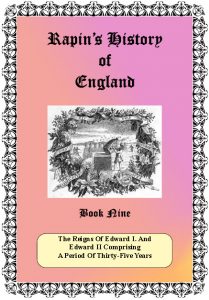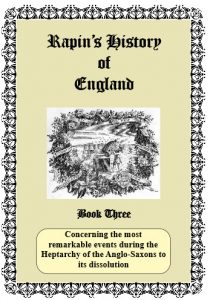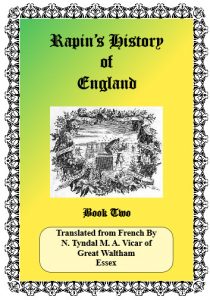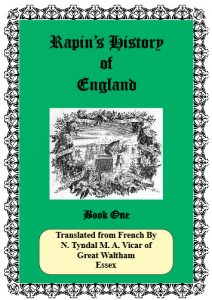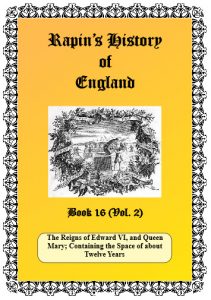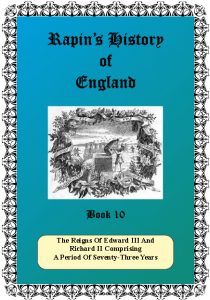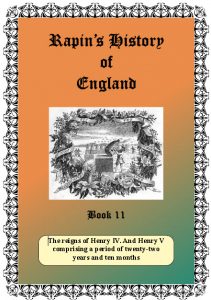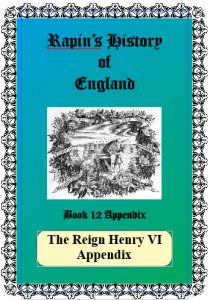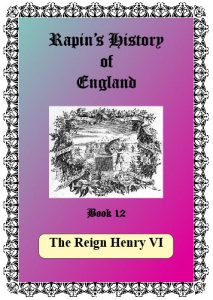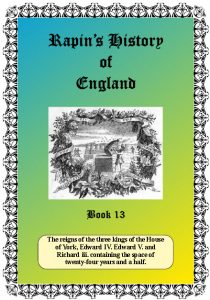THE REIGNS OF EDWARD I. AND EDWARD II COMPRISING A PERIOD OF THIRTY-FIVE YEARS.
Chapter I
EDWARD I.[1] Sirnamed Long-Shanks
A. D. 1272
THE death of Henry III. happening during the absence of his son Edward, who was to succeed him, seemed to offer the malcontents a favourable opportunity to raise new troubles. However, it was not attended with any ill consequence. Leicester’s party was so humbled, that they were no longer able to look up. And though some restless persons had made use of this juncture, to disturb the peace of the kingdom, the nation’s good opinion of Edward, would have rendered their projects impracticable.
This prince shined with great lustre, during the latter part of his father’s reign. The victory of Evesham, the reduction of the Ely rebels, and his clemency to them when reduced, were still fresh in the memory of the English, and filled them with esteem and admiration for his rare qualities. They did not doubt but he would employ all his talents, to restore peace and. tranquillity to the kingdom, which had received such violent shocks in the two foregoing reigns. So that, far from being inclined to favour the malcontents, they shewed an extreme impatience to see their new sovereign, building on him alone all the hopes of their future happiness.
Though Edward was absent, and not even heard of, all the barons with one accord swore fealty to him. At the same time they wrote him a very respectful letter, inviting him to come with all speed, and take possession of the throne of his ancestors. Meanwhile, they assembled at London, to commit the regency of the kingdom to such as should be deemed the most capable. The choice falling upon the archbishop of York, and the earls of Cornwall and Chester, the Parliament, which met quickly after[2], confirmed all the measures taken for the preservation of the peace of the kingdom.
Edward pursuing his voyage without knowing what passed in England, safely arrived in Sicily; where he was received by Charles of Anjou with all the respect due to his rank and merit. At Messina it was that he heard of his father’s death, for whom he appeared more; concerned than for his eldest son John, the news of whose death was brought at the same time[3].
